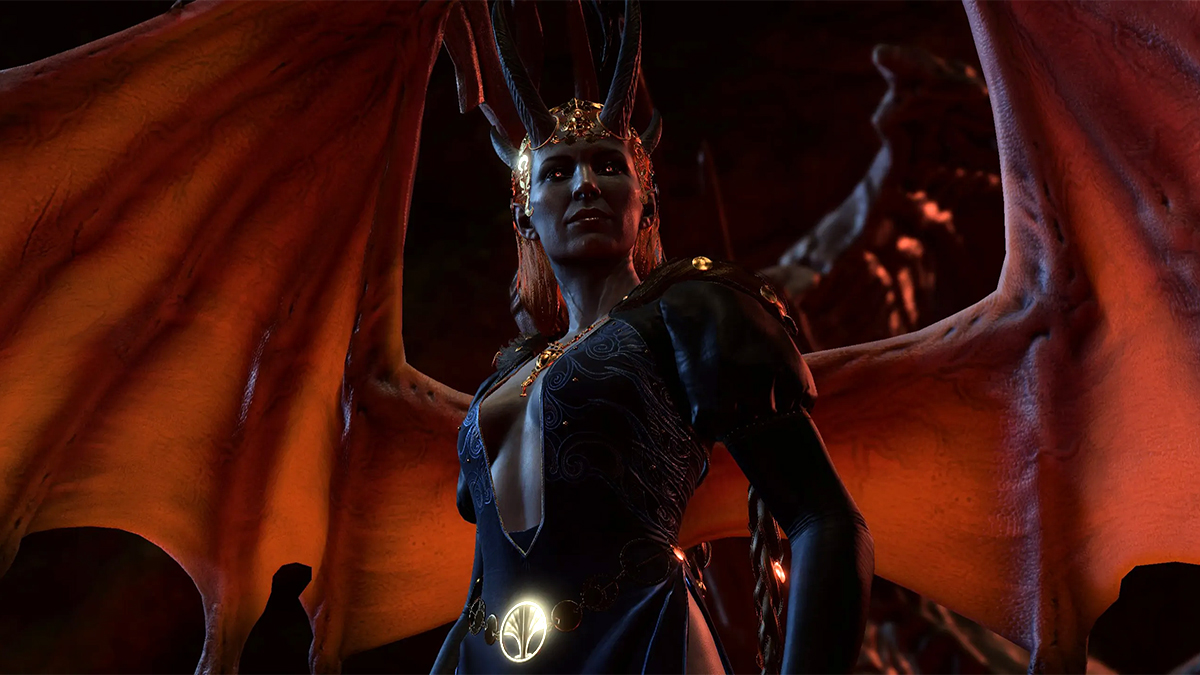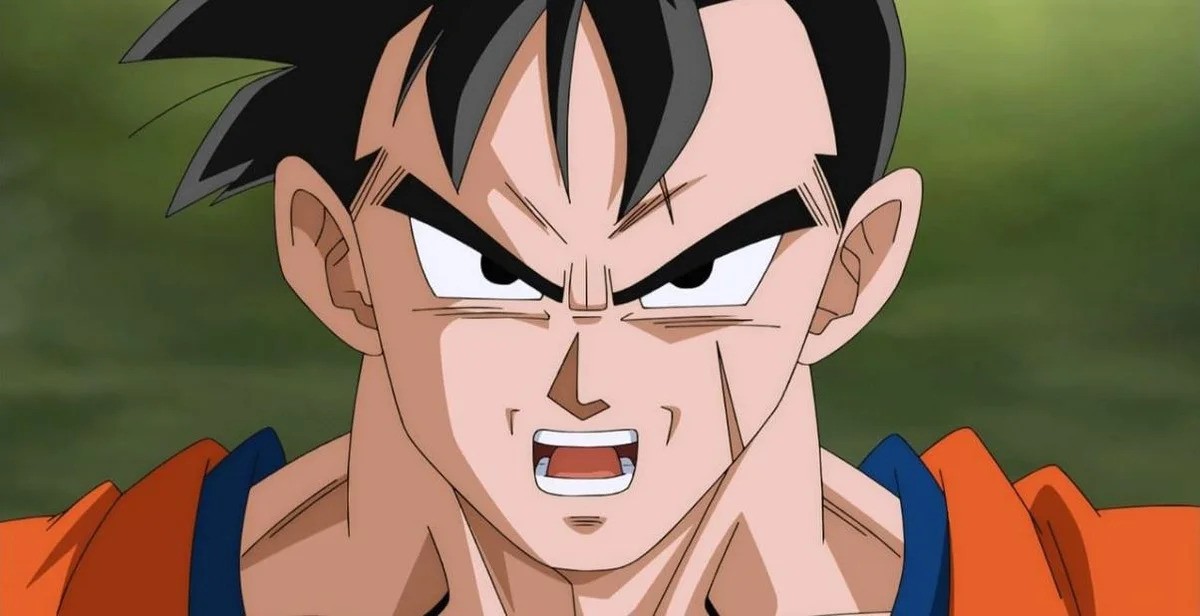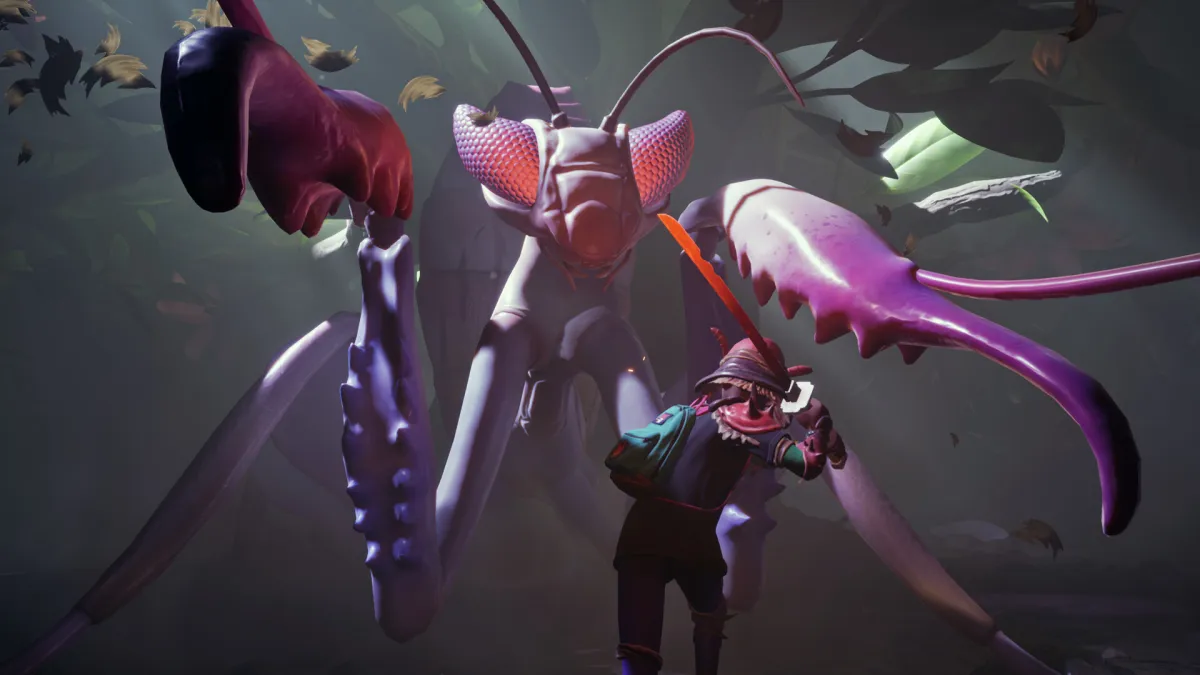There are a whole bunch of game-altering decisions that you’ll have to make while playing Baldur’s Gate 3 (BG3), such as whether to free or kill Mizora in the Mind Flayer Colony. Here’s what the choice entails and what the outcomes of freeing or killing Mizora in BG3 are.
Should You Free or Kill Mizora in Baldur’s Gate 3 (BG3)?
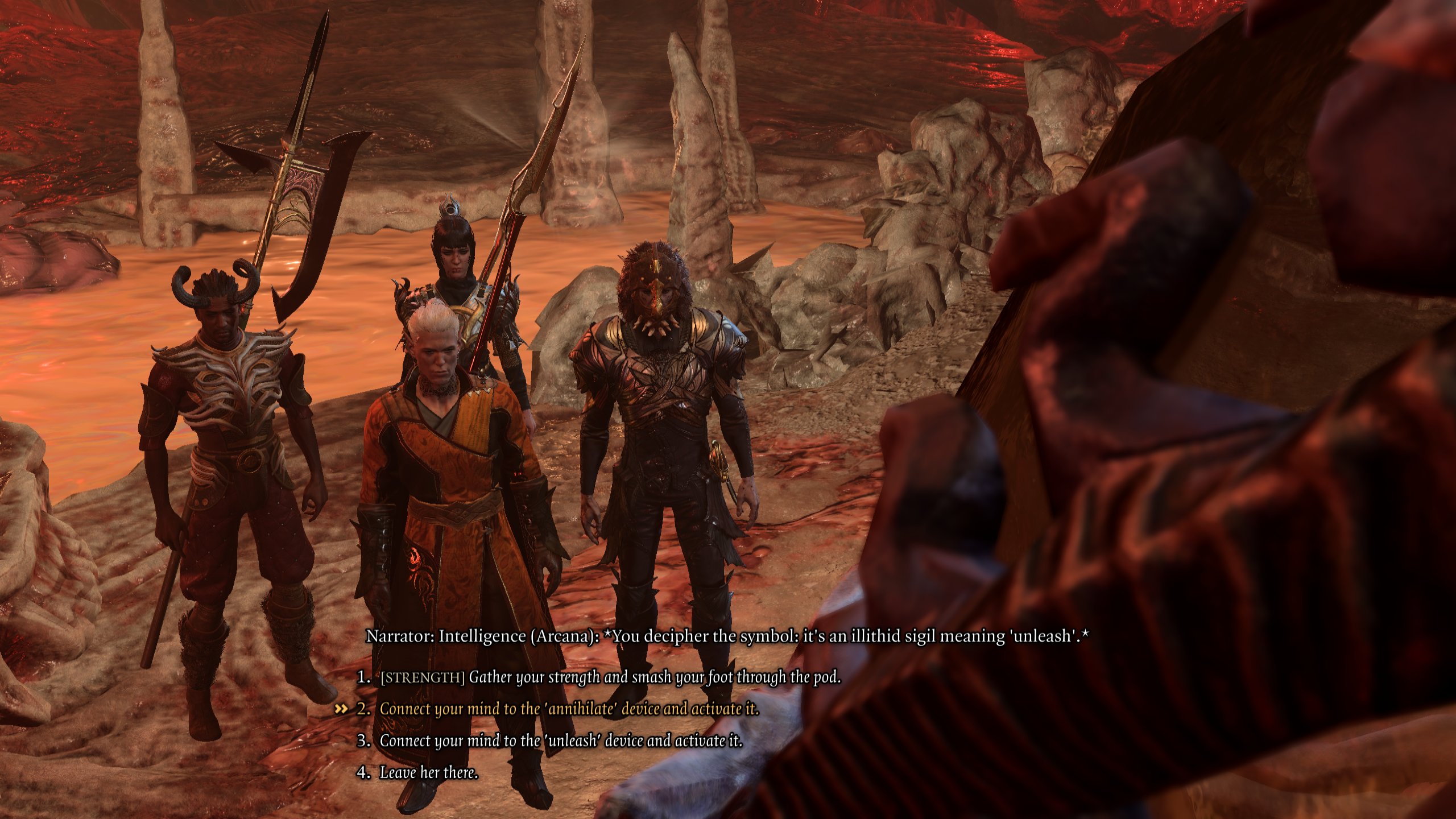
You should free Mizora in BG3 because if she dies, the contract between her and Wyll will be broken. If that happens, Wyll will be banished to hell and permanently removed from your party.
You can bargain with her and request her to drop the contract with Wyll if you let her out. She’ll agree and then you have three options to choose from:
- Smash open the pod to get her out. This requires high Strength to pull off.
- Operate the device with the intention of killing Mizora. This and the following option require good Intelligence to decipher what the control does.
- Operate the device with the intention of freeing Mizora.
Use the second control to open the pod and get Mizora out safely. After that, she’ll let you know that she’s set the contract to terminate, but it only takes effect after six months.
Related: Baldur’s Gate 3 Player Discovers How to Recruit Minthara Without Killing
What You Get for Freeing Mizora in BG3
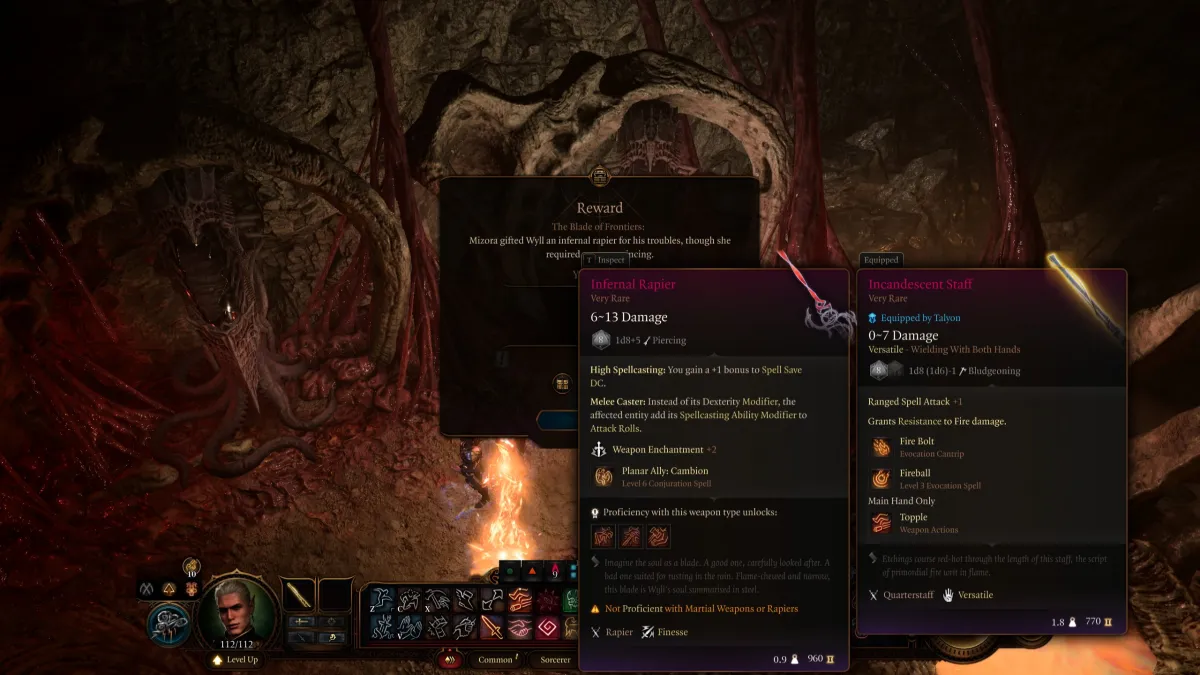
Now, if you have a good Charisma stat, this is where things get spicy. You should get a Persuasion option to ask Mizora for an extra reward after you free her in BG3. You deserve it, after all! If the roll succeeds, you’ll get a Very Rare Infernal Rapier.
This weapon is awesome. It’s a 1H sword with a solid 6-13 base damage. However, it’s the bonus stats that are important. High Spellcasting grants +1 bonus to Spell Save DC, which is nice. Melee Caster is wild, though. This grants you the ability to apply a Spellcasting Ability Modifier toward your attack rolls instead of Dexterity. This makes it much more viable to be a spellcaster who can get in and fight up close.
The Very Rare Infernal Rapier is a great fit for Wyll. To top all that off, the weapon even comes with a powerful Conjuration spell. You’ll be able to cast the Level 6 Planar Ally: Cambion. This is a very powerful summon, and you won’t want to miss out on it.
Infernal Rapier
| Infernal Rapier | Properties |
|---|---|
| Type | Magic Rapier (+2) |
| Damage | 1d8 + 2 Piercing |
| Properties | One-Handed, Finesse, Dippable |
| Weight | 1.8 lb (0.9 kg) |
| Value in Gold | 960 gp |
| Rarity | Very Rare |
| Special Attacks: | Flourish, Piercing Strike, and Weakening Strike |
| High Spellcasting: | You gain a +1 bonus to your Spell Save Difficulty Class (DC). |
| Melee Caster: | You can use your Spellcasting Ability instead of Dexterity when making attack rolls with this weapon. |
| Planar Ally: Cambion | The Infernal Rapier allows you to cast Planar Ally: Cambion once. However, you regain the use of this ability after a long rest. |
That covers the choice of whether to free or kill Mizora in BG3. If you want to keep Wyll around, you should free her. You’ll also want to hit that Persuasion check for the awesome weapon she’ll give you!
If you’re looking for more on the game, check out our guide to completing the Soft-Step Trial in Baldur’s Gate 3.
The above article was updated on 4/17/2024 by Davi Braid to clarify information about Baldur’s Gate 3.

